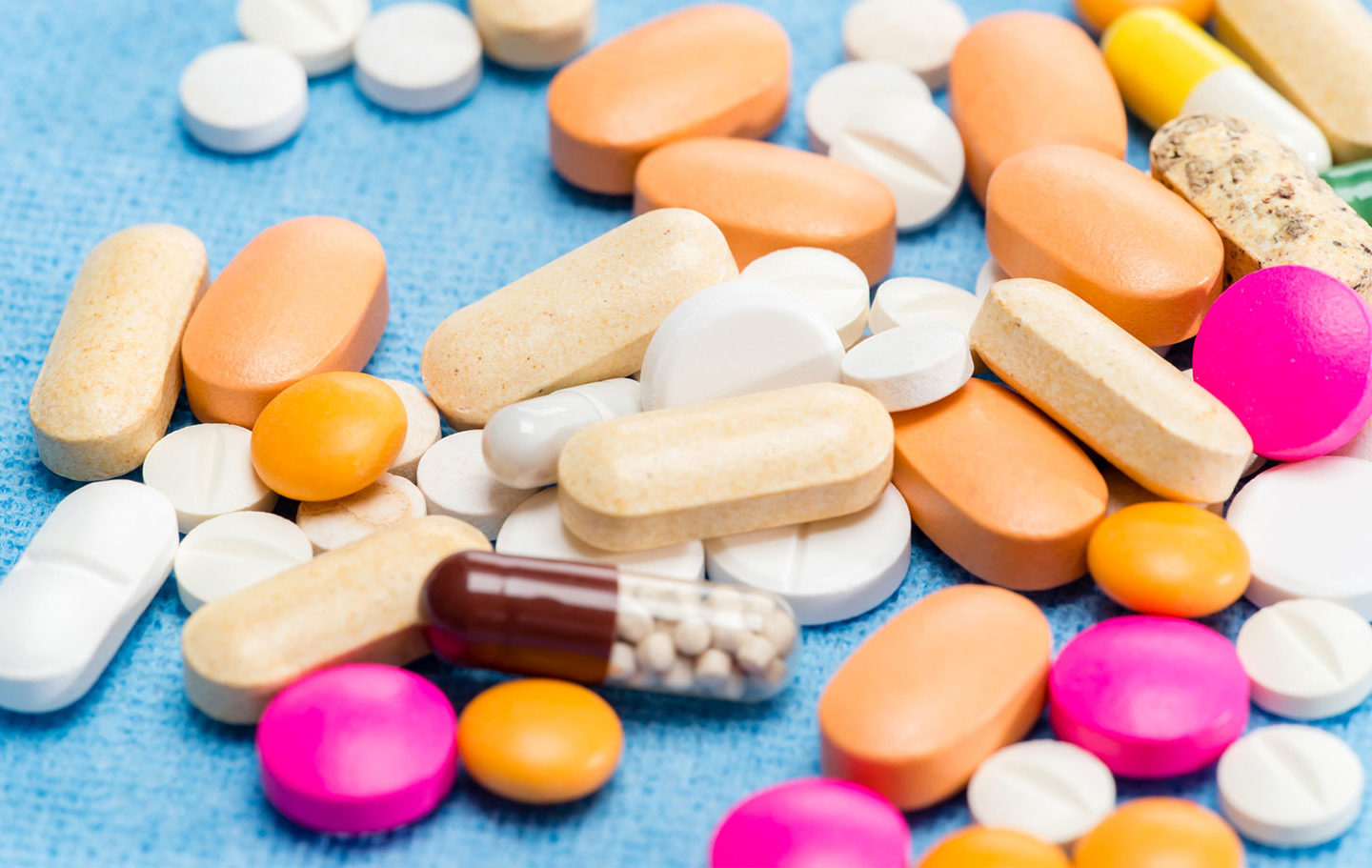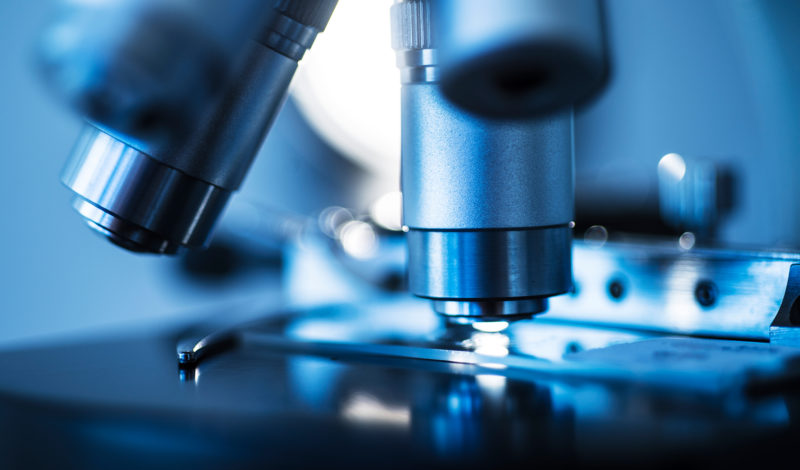With the help of a colonoscopy, changes in the bowel can be detected early on. During the examination, the doctor [...]

Stomach problems after antibiotics
In the case of a bacterial infection, doctors often prescribe an antibiotic. The drug is intended to quickly relieve a variety of symptoms by eliminating unwanted bacteria in the body. However, antibiotics also damage the good bacteria that exists in the body. Because of this, stomach problems after antibiotics are very common. If so-called good bacteria are missing in the intestinal flora (the microbiota) due to an antibiotic treatment regiment, this can disturb the bacterial balance in the intestine and cause problems. Antibiotics should therefore always be taken with caution.
Do antibiotics cause intestinal problems?
Antibiotics were once regarded as a miracle weapon against all bacterial infections, but today they are increasingly the subject of criticism. This is because doctors often quickly prescribe antibiotics, even though it is unnecessary for many infections. Of course, the positive effect of antibiotics in general is obvious since those with bacterial infections can recover more quickly. However, too frequent and/or long-term intake of antibiotics harms the microorganisms in the body permanently and can ultimately even lead to the weakening effects of some antibiotics regiments and, in the worst case, antibiotic resistance develops.
Frequent use of antibiotics can also cause problems in the stomach and intestines. Typical symptoms include abdominal pain, flatulence, and other intestinal problems. After taking antibiotics, the intestine can lack important bacteria and the overall health of the intestine is impaired.
The consequence: the intestine’s overall functions are restricted.
Taking bowel problems seriously after antibiotic therapy
The intestinal flora makes important contributions to the body’s immune defence. A healthy intestine is able to fight off most pathogens that enter it. However, if it is out of balance or weakened because of antibiotic treatment, it is more difficult to fight off germs. As a result, more frequent infections can occur. This can also cause the body to more easily become overweight.
Intestinal inflammation can also occur if there is an unusually high amount of harmful bacteria in the intestine. Possible symptoms include irritated intestinal mucosa and diarrhoea. In the worst case, this can even become chronic. It is therefore advisable to take antibiotics only when necessary.
Alleviate intestinal problems with antibiotics and probiotic supplements
With the right nutrition, it is possible to strengthen and rebuild the intestinal flora in a targeted way. With this approach, stomach complaints or intestinal problems after taking antibiotics can be alleviated and general well-being can be improved. In particular, foods containing natural probiotics effectively promote intestinal cleansing. These living microorganisms, such as bifidobacteria, are often contained in yogurt and kefir. However, it generally takes several months for the microbiota to recover. The intake of probiotic dietary supplements can be useful. This is because the intestine immediately receives valuable bacterial cultures to support the build-up of microbiota.
- Sources:
- Zarrinpar, A., Chaix, A., Xu, Z.Z. et al. (2018). Antibiotic-induced microbiome depletion alters metabolic homeostasis by affecting gut signaling and colonic metabolism. Nat Commun 9, 2872. doi: 10.1038/s41467-018-05336-9
- Beniwal, R.S., Arena, V.C., Thomas, L. et al. (2003)A Randomized Trial of Yogurt for Prevention of Antibiotic-Associated Diarrhea. Dig Dis Sci 48, 2077–2082. doi: 10.1023/A:1026155328638
- Krogsgaard LR, Engsbro AL, Bytzer P. (2018) Antibiotics: a risk factor for irritable bowel syndrome in a population-based cohort. Scand J Gastroenterol.;53(9):1027-1030. doi: 10.1080/00365521.2018.1500638
- Mahana, D., Trent, C.M., Kurtz, Z.D. et al. (2016). Antibiotic perturbation of the murine gut microbiome enhances the adiposity, insulin resistance, and liver disease associated with high-fat diet. Genome Med 8, 48 doi: 10.1186/s13073-016-0297-9
- Rosania R., et. Al. (2013) Effect of Probiotic or Prebiotic Supplementation on Antibiotic Therapy in the Small Intestinal Bacterial Overgrowth: A Comparative Evaluation. Current Clinical Pharmacology. 8(2). doi: 10.2174/15748847113089990048



